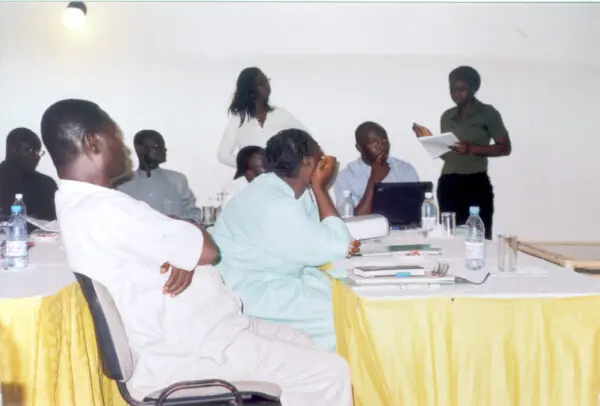Ineke Steinhauer
Technical secretary


The NCEA advised on Terms of Reference (ToR) for a Strategic Environmental Assessment (SEA) for the Ghana Poverty Reduction Strategy (GPRS). Subsequently it reviewed the SEA on the quality of its process and contents.
The Ghana Poverty Reduction Strategy (GPRS) refers to environmental degradation as a contributory cause of poverty. It also mentions EIA and environmental audits as measures to ensure that economic growth arising from the strategy is environmentally sustainable. In order to address the environment as a cross-cutting issue, environmental impacts of all policies and strategies arising from the GPRS have to be assessed. For that reason, an SEA was planned, including a cursory assessment of the institutional capacity needed to implement the identified environmental management/mitigation measures. The Environmental Protection Agency (EPA) requested the Netherlands and UK governments to provide technical and financial assistance for the execution of this SEA. The NCEA was then asked to advise on Terms of Reference (ToR) for this SEA.
The NCEA developed the following framework for this SEA.
This framework illustrates the steps to be undertaken, highlighting two parallel meanings of SEA:
The SEA was undertaken, with advice from the NCEA in several aspects and stages. The NCEA was subsequently requested to review the resulting report. This review focused on an assessment of quality of the process and results of the SEA as well as an identification of the most important measures to be taken for a later phase of the SEA.
In its advisory review, the NCEA provides comments on the SEA process (including participation, timing, and project management) and its contents (achievement of planned outputs). It also discusses effectiveness, uptake and impacts of the SEA results. Lastly, it provides comments and suggestions on the proposed next phase of the SEA.
EPA - Environmental Protection Agency
EPA - Environmental Protection Agency